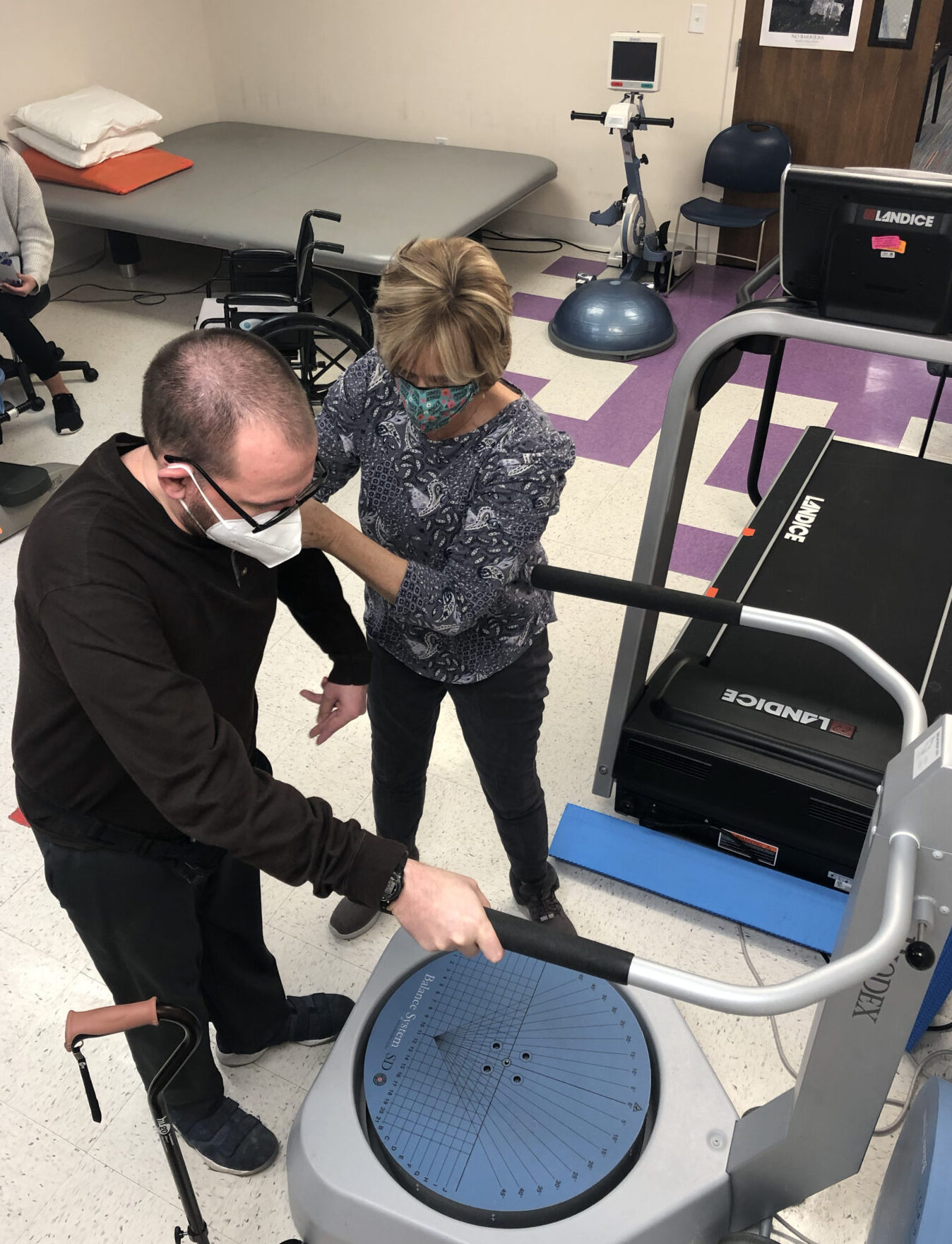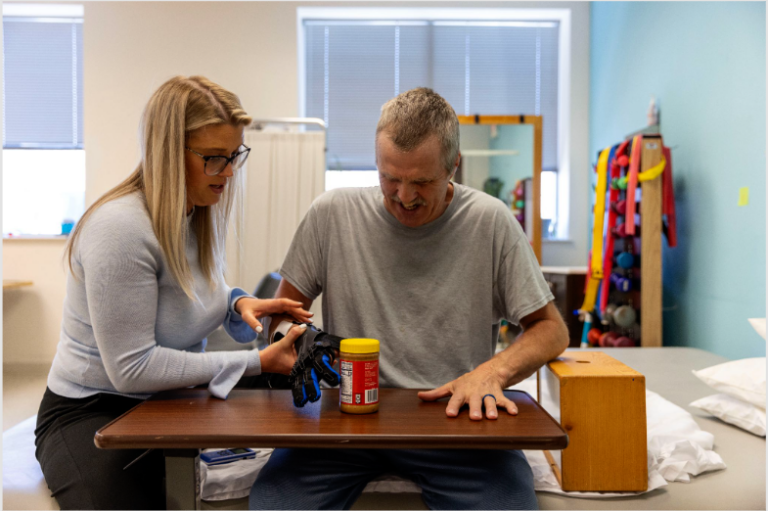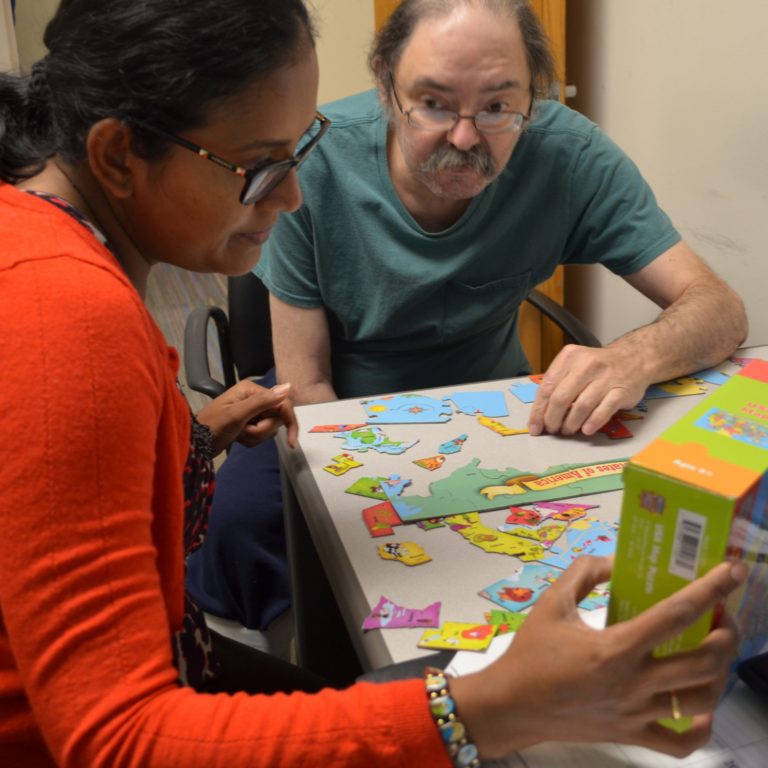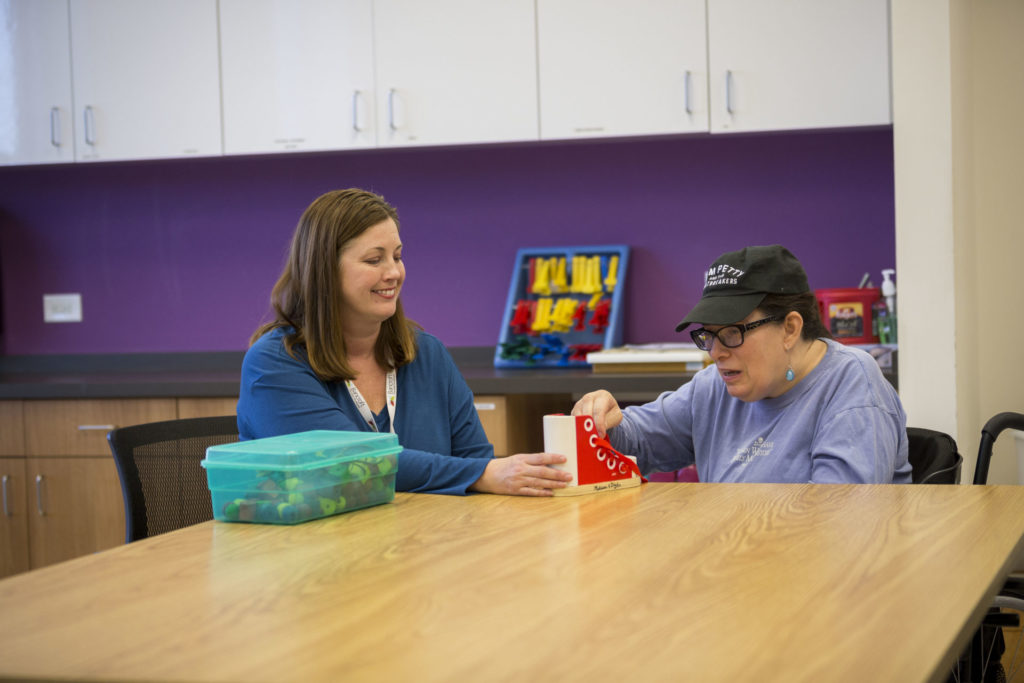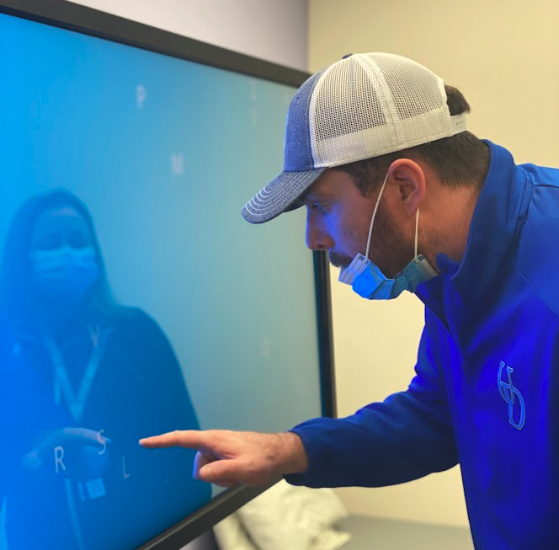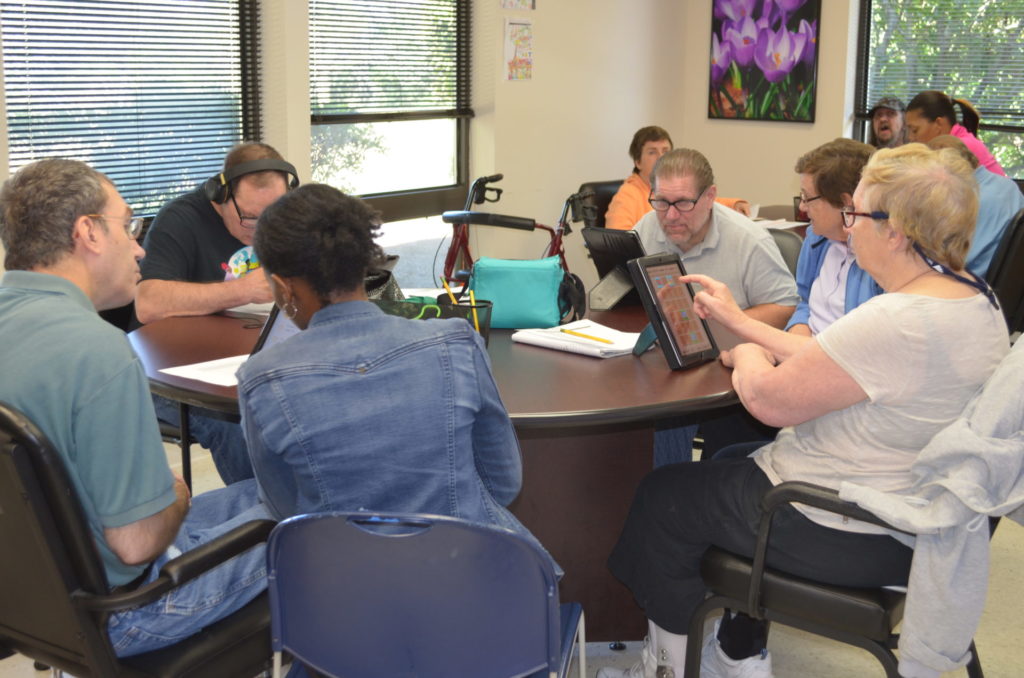Between lack of a summer schedule, hosting family picnics and parties and seasonal travel, it’s easy to become forgetful or feel scattered this time of year. But when does run-of-the-mill forgetfulness become a real concern?
During the summer, we often enjoy celebrations with family and friends over an extended period of time. Many of us bunk with relatives at the beach or welcome out-of-towners into our vacation homes. While this is great for family bonding, it can be stressful for those who notice cognitive changes in parents and grandparents during an extended stay.
In other words, summertime can be prime time for noticing changes in loved ones’ memory and focus.
Fortunately, catching symptoms early is the best thing we can do for our family members. Early diagnosis and treatment can make an immense difference in long-term quality of life for individuals experiencing mild cognitive impairment, and recognizing the symptoms is the first step.
During the summer break, look for the following subtle symptoms:
- Memory changes: Repeating the same story multiple times in a short period or forgetting key family events.
- Withdrawal: Disinterest in socializing or declining party invitations
- Changes in spatial functioning: Getting lost in familiar places, disorientation in familiar homes.
- Orientation challenges: Confusion regarding date and time
- Sleep and appetite changes: Insomnia, vivid or active dreams
- Initiation difficulty: Lack of motivation to begin favorite activities such as cooking traditional meals or spending time with grandchildren
- Trouble finding the right word: This is common as we age, but trouble remembering a very familiar word may signal a problem. For example, Grandma may call the barbeque grill a “rocking horse” or “toaster oven” before someone gives her the correct words.
If you suspect any of these subtle changes, initiating the conversation with a loved one may be difficult. He or she may feel embarrassed or defensive, so keep the following tips in mind before approaching your relative.
Keep it private. Find a private time and space to share your concerns. A crowded living room filled with family and friends is not the right venue.
Focus on the positive. Ask about your loved one’s total health. “Dad, we are so impressed with how much you do every day. Sometimes, I see you struggling to remember the grandkids’ names, have you noticed this too?” can be a great place to start. Remember, it might take a series of small conversations to convey your message. Be patient.
Be proactive with your loved one’s care team. Ask your relative for permission to communicate with his or her physician. Be supportive and ask to accompany him or her to the next appointment to discuss concerns. In the office, share concerns gently by asking for information, such as “Sometimes we worry about mom’s memory. How do we know if it is cause for concern?” Stay in close touch should you recognize any additional or worsening symptoms.
Seek a proper neurological and neuropsychological evaluation. A neurologist will do a complete evaluation of medical factors related to cognitive changes and discuss treatment options. He or she may even identify some reversible causes of cognitive changes, such as untreated diabetes or complicated medication regimes. Neurologists can also refer to a neuropsychologist.
A neuropsychologist has specialized training in understanding cognition and can provide a thorough cognitive evaluation. Neuropsychologists will communicate the results of the evaluation to the neurologist to improve diagnostic accuracy. In addition, neuropsychologists can work with individuals and families to develop support plans to manage changes or maintain independence.
Spending time with extended family and friends is one of the best parts of the holiday season. Keep it that way this year and arm yourself with the right tools, should you notice any of these symptoms. Once you have a proper care plan in place, you can more freely enjoy the season with loved ones.
—
At Bancroft NeuroRehab, an interdisciplinary team of experts assesses and treats each patient’s unique needs. From mild concussions and memory impairments to traumatic brain injuries, dedicated, compassionate clinicians help individuals rebound, recover, reconnect and reenter the workforce after illness or injury.
If you or someone you know has questions about neurological health or is experiencing memory impairment or changes, Bancroft NeuroRehab can help.
Call 844.234.8387 to connect with the right expert.



